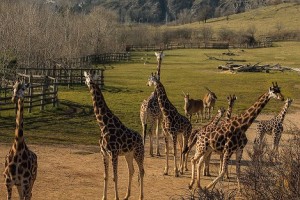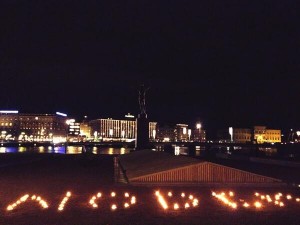
Not much knowledge exist about the importance of users for the innovation processes in tourism companies, about how much user-based innovation is used in practice in this area or about how this best can be practically done.
In a new study, this is explored on the basis of a case study in a Northern European safari park. The case study use GPS technology to track the visitors as a part of the foundation for user based innovation. The study then explores how this kind of data more generally can be used for practical tourism innovation. Continue reading GPS tracking in user-based innovation: A Northern safari park


